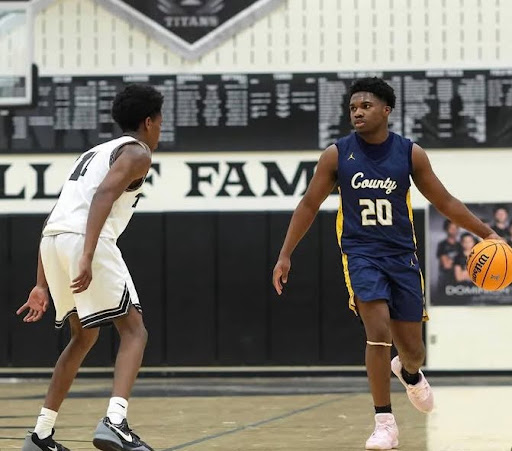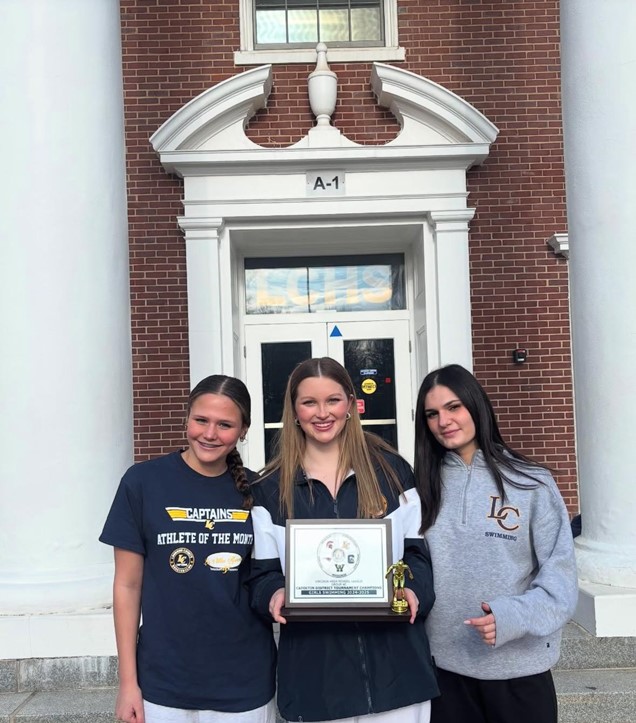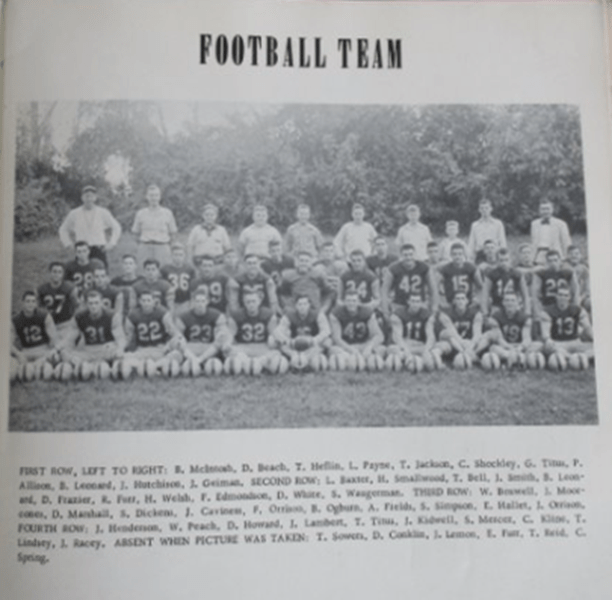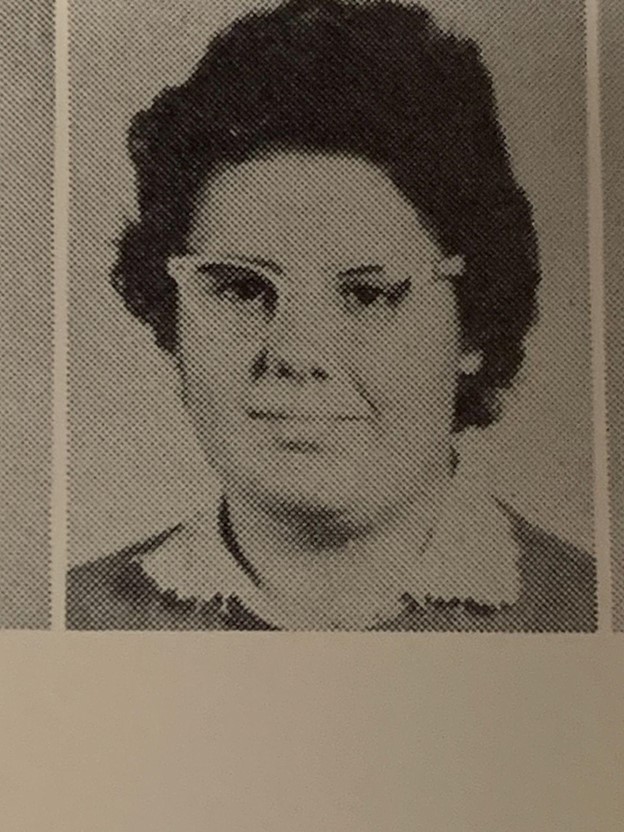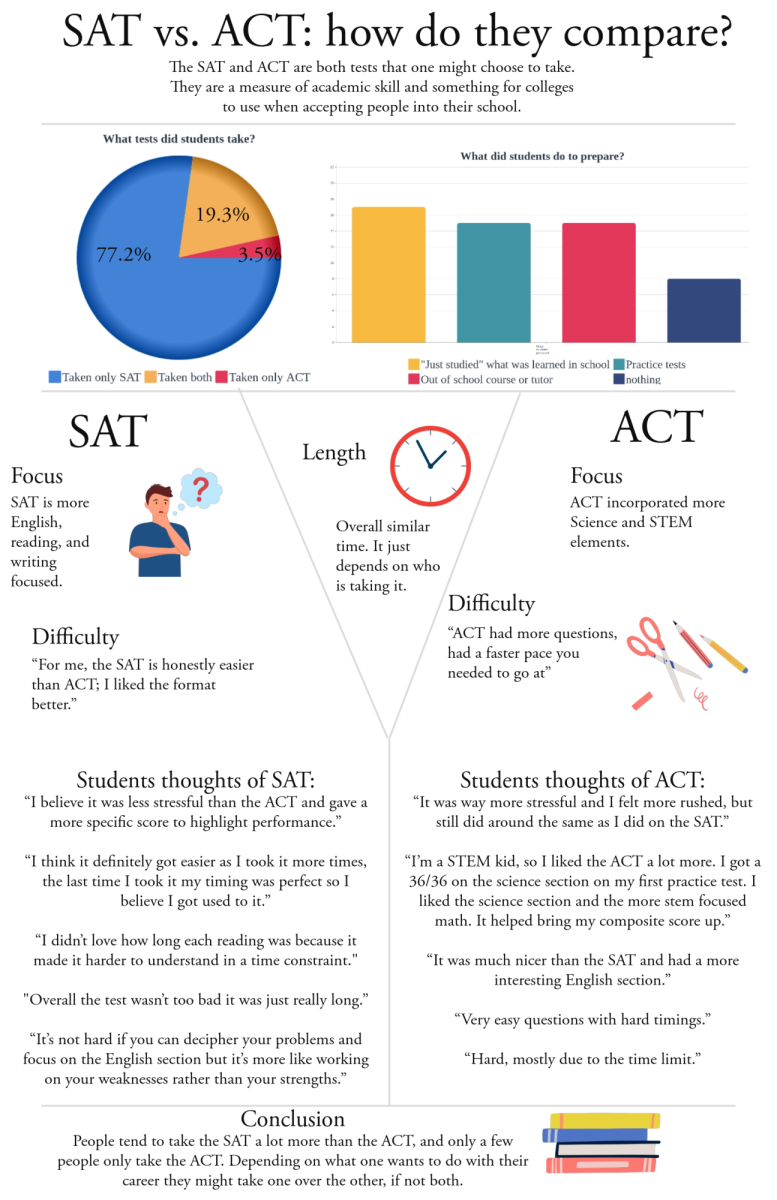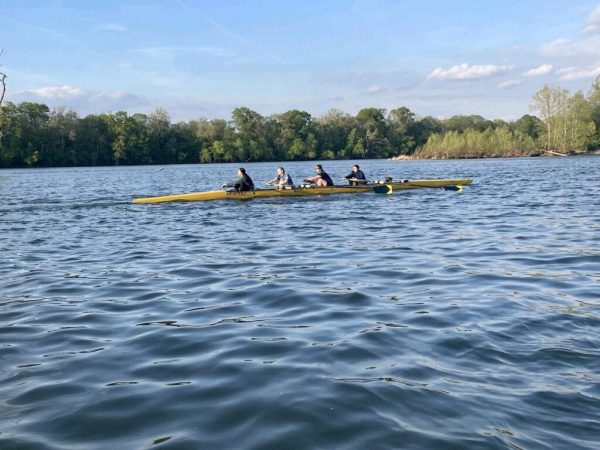
“There is no easy way to describe rowing,” crew coach Alex Miller said. “It just isn’t normal, but for those who do it, there is nothing better.”
The crew team has faced a unique and challenging season this year. Winds, rains, storms, floods, and freezing temperatures have kept the rowers off the water for longer than they would have liked, getting in the way of both practices and races, “but this team is persevering through them,” head coach Eric Simmons said.
“We are further ahead than I thought we would be despite all of the environmental hazards,” Miller said.
In spite of adverse conditions, the team is making strides of progress. They give a lot of attention to the basics, then use those fundamentals as a jumping off point to refine their stroke technique, boat speed, physical fitness, and racing strategy.
“Rowing is a sport that is very easy to learn but incredibly difficult to master,” Miller said, comparing the team’s progress to riding a bike without the training wheels.
“Every practice we are aiming to get at least 1% better,” Simmons said. The team had a goal this season of practicing more frequently and racing earlier in the season. Although the weather has made that difficult at times, both coaches described improvement in the team.
“This season, we’re keeping things simple: train hard, race smart, and have fun doing it,” Simmons said. “It’s all about enjoying the journey while striving for our best performance when it counts.”
In addition to technical, physical, and organizational goals this summer, Simmons also mentioned his hopes for the program in the future. He aims to “cultivate a culture of excellence and inclusivity,” while also “making LCHS Crew a name that can shake things up on the racecourse.”
Miller added hopes of growing the program in future years, adding that the team already has such a small roster that if a single rower is absent, the women’s team can’t race at all. But growing the program goes beyond the small school team. The coaches hope to draw more rowers in and be a part of developing more competition in the sport across northern Virginia. Miller also emphasized a value of sportsmanship that he wants the team to continue to embody.
“We are all striving for greatness, and that greatness doesn’t come from tearing down others, but from building each other up so that we are all better for it,” Miller said. “I want the team to be a shining example of what it means to be a student-athlete.”
Crew is a vehicle for some of that greatness for the rowers, a way for them to excel in both performance and sportsmanship. “This team is on a mission to elevate the status of rowing at LCHS and to represent our community well,” Simmons said.
The team receives tremendous support in this mission from both Simmons and Miller. Simmons has been with the team for two seasons now, serving as an assistant coach last year and taking on the role of head coach this year. This is Miller’s first year with the team. Both emphasized the “multifaceted” nature of their jobs as coaches.
“The role of ‘coach’ isn’t just something one can shove into a box,” Miller said. “Some coaches can even rise to the level of a lifelong mentor, long after the athlete has moved away. Those are some pretty large shoes to fill.”
Beyond teaching technique and strategy specific to rowing, the coaches support and motivate the athletes in a number of ways, “helping them navigate not just the waters of the sport but also life as a student,” as Simmons put it.
A sport dating centuries back, crew is physically taxing, demanding both muscular strength and endurance. Rowing is a full body workout, engaging muscle groups throughout your body and requiring a wide range of motion yet precise movement.
“I once had a coach who said that a rower needs the brute strength and athleticism of a football player and the fine motor skills and timing of a ballerina,” Miller said. “A single race takes the physical toll of a 90 minute basketball game, but does it in eight minutes.”
The most important characteristic of a rower, however, is not their athletic ability, Miller said. It’s their mental toughness. “There are no breaks, no time outs, no room for slack in the boat,” he said. “Your body will scream at you to quit, but through the sheer force of will you will continue on, because your teammates are counting on you and the thought of letting them down is unthinkable.”
Teamwork is the heart of crew, the coaches say. It’s unavoidable, with rowers sitting inches in front of and behind one another, but it’s also essential. It takes a team to row a boat and win a race, not a single athlete.
“Crew is the ultimate team sport,” Simmons said. “Every single little thing you do in a boat can directly impact all the other rowers in the same boat.”
The magnitude of one rower’s impact fosters discipline and resilience that the athletes can apply to other areas of their lives, from academics to personal growth to future opportunities. The coaches’ emphasis on teamwork is complemented by their shared experience on a crew team, rowing multiple seasons with each other in high school. Miller continued to row throughout college, while Simmons returned to the sport later as a coach.
Despite being a small team, the athletes are a tight-knit group that their coaches described as “cohesive” and “dedicated.” They are in relentless pursuit of the same goal, cooperating and coordinating their way to success on the water. Regardless of their different experience levels or backgrounds, they are “united by their passion for rowing,” Simmons said, and continuously push each other to improve.
Rowers face challenge after challenge, ranging from physical to mental and from technical to environmental. But by nature of the sport, they always face them as a team, win or lose.
“The best part is that you’re never doing it alone,” Miller said. “No one struggles alone, no one succeeds alone.”






